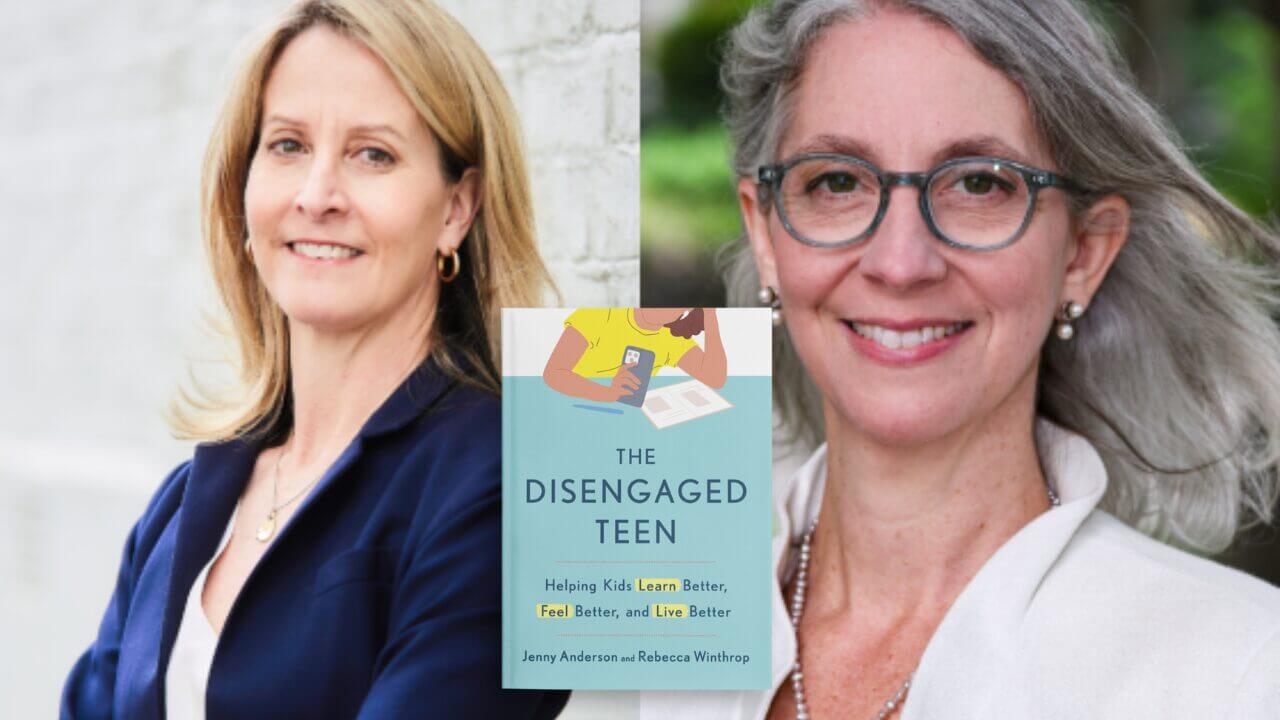Richard C. Seder
 Richard C. Seder has engaged in systems change with organizational leaders, professional practitioners, and community stakeholders to effectively address society’s chronic and persistent challenges for more than 20 years. Seder has worked internationally, nationally, and at the state and local levels to directly provide, build and support teams to provide, and identify new opportunities to provide technical assistance, capacity-building, research, and evaluation activities related to:
Richard C. Seder has engaged in systems change with organizational leaders, professional practitioners, and community stakeholders to effectively address society’s chronic and persistent challenges for more than 20 years. Seder has worked internationally, nationally, and at the state and local levels to directly provide, build and support teams to provide, and identify new opportunities to provide technical assistance, capacity-building, research, and evaluation activities related to:
- Systems thinking to understand and define complex problems of practice and identify the conditions that hold those problems in place;
- Strategic planning, including the developing of explicit theories of change, to achieve intended outcomes;
- Using systematic improvement and innovation methods to learn from our systems change initiatives and inform adaptations, spread and scale, and systems transformations;
- Designing, collecting, conducting, and using quantitative and qualitative evidence (data, research and evaluation, and practice) and engaging in sensemaking to inform decision-making;
- Developing and implementing sustainable policy and operational solutions to create increased value to organizations and those they serve.
Seder has applied these areas of expertise on educational (PK-20), workforce and economic development, and social well-being issues. As a systems thinker, Seder is a “deep generalist” across several areas of educational systems and their interactions and interdependencies, including nationally recognized expertise in school finance and funding, resource allocation, research-practice partnerships and other high-engagement systems change strategies (including collective impact, networked improvement communities), human capital, governance, evidence use, monitoring and accountability, and organizational change.
He is a full-rank specialist faculty in systems design and improvement at the University of Hawai‘i, and an adjunct assistant professor at the Rossier School of Education at the University of Southern California where he teaches doctoral-level courses on the economics of organizational change.





